-
Psychology can also be seen as a bridge between philosophy and physiology
Where physiology describes and explains the physical make-up of the brain and nervous system, psychology examines the mental processes that take place within them and how these are manifested in our thoughts, speech, and behavior. Where philosophy is concerned with thoughts and ideas, psychology studies how we come to have them and what they tell us about the workings of our minds.
-
Psychology has a long past, but only a short history. Hermann Ebbinghaus
In some universities, particularly in the US, psychology departments started out as branches of the philosophy department, while in others, notably those in Germany, they were established in the science faculties. But it was not until the late 19th century that psychology became established as a scientific discipline in its own right.
-
What are two approaches when it comes to psychology?
In the US, its roots lay in philosophy, so the approach taken was speculative and theoretical, dealing with concepts such as consciousness and the self.
In Europe, the study was rooted in the sciences, so the emphasis was on examining mental processes such as sensory perception and memory under controlled laboratory
-
The purpose of psychology is to give us a completely different idea of the things we know best. Paul Valéry
In its short history, psychology has given us many ideas that have changed our ways of thinking, and that have also helped us to understand ourselves, other people, and the world we live in. It has questioned deeply held beliefs, unearthed unsettling truths, and provided startling insights and solutions to complex questions.
-
The many branches of psychology that exist today cover the whole spectrum of mental life and human and animal behavior
The overall scope has extended to overlap with many other disciplines, including medicine, physiology, neuroscience, computer science, education, sociology, anthropology, and even politics, economics, and the law. Psychology has become perhaps the most diverse of sciences
-
Psychological findings concern every one of us
In one form or another it informs many decisions made in government, business and industry, advertising, and the mass media.
-
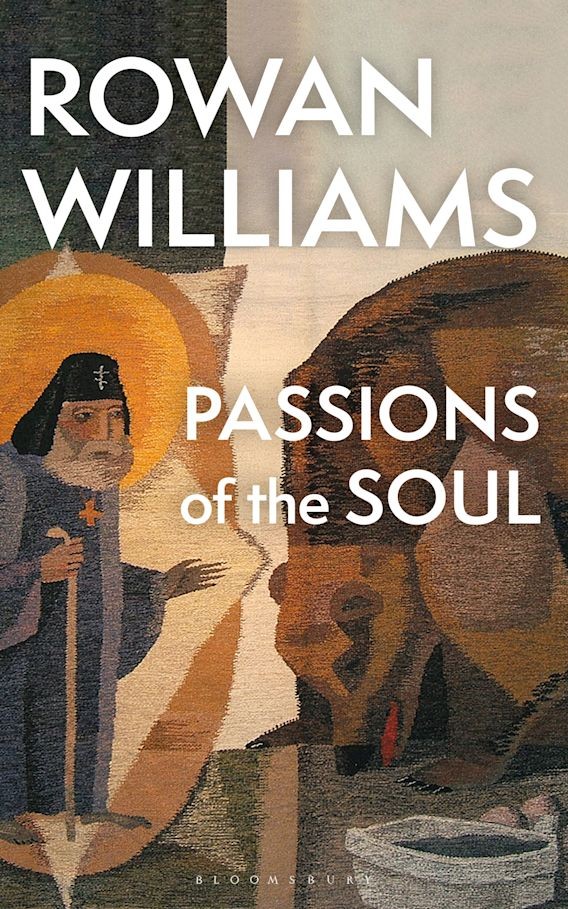
1649
René Descartes publishes The Passions of the Soul, claiming that the body and soul are separate
-
1816
Johann Friedrich Herbart describes a dynamic mind with a conscious and an unconscious in A Text-book in Psychology.
-
1819
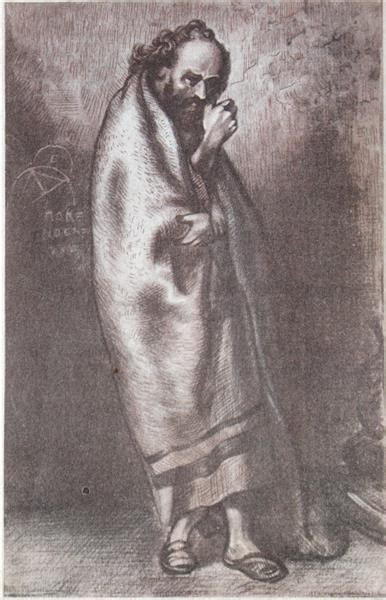
Abbé Faria investigates hypnosis in his book On the Cause of Lucid Sleep
-
1849
Søren Kierkegaard’s book The Sickness Unto Death marks the beginning of existentialism.
-
1859
Charles Darwin publishes On the Origin of the Species, proposing that all our traits are inherited.
-
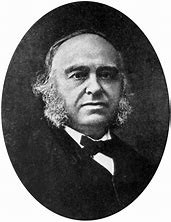
1861
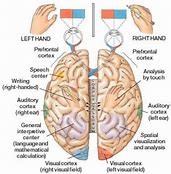
Neurosurgeon Pierre Paul Broca discovers that the left and right hemispheres of the brain have separate functions.
-

1869
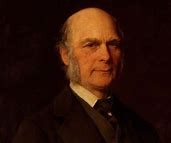
Francis Galton’s research suggests that nurture is more important than nature, in Hereditary Genius.
-
1874
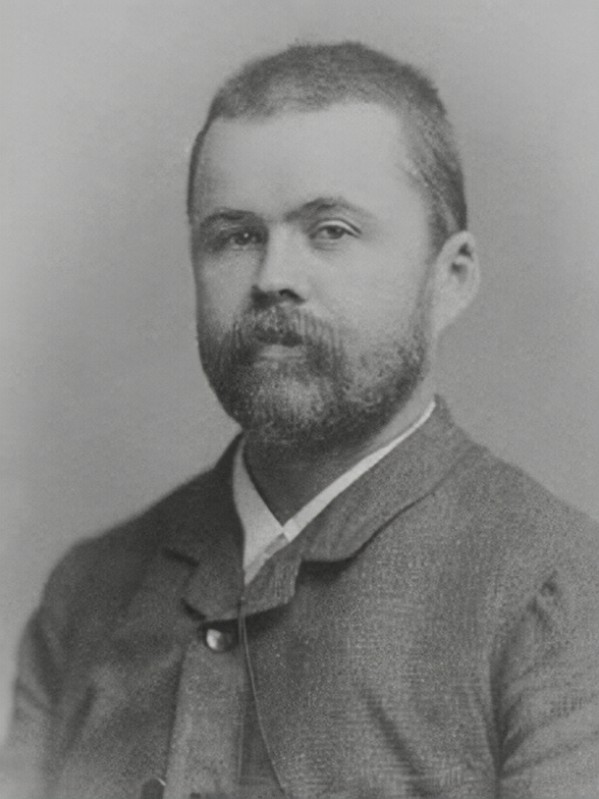
Carl Wernicke provides evidence that damage to a specific area of the brain causes the loss of specific skills.
-
1879
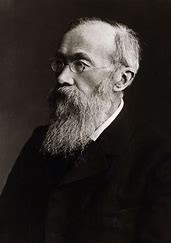
Wilhelm Wundt founds the first laboratory of experimental psychology in Leipzig, Germany.
-
1883
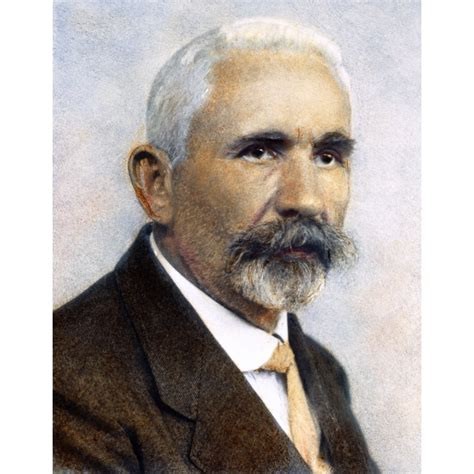
Emil Kraepelin publishes the Textbook of Psychiatry.
-
1885
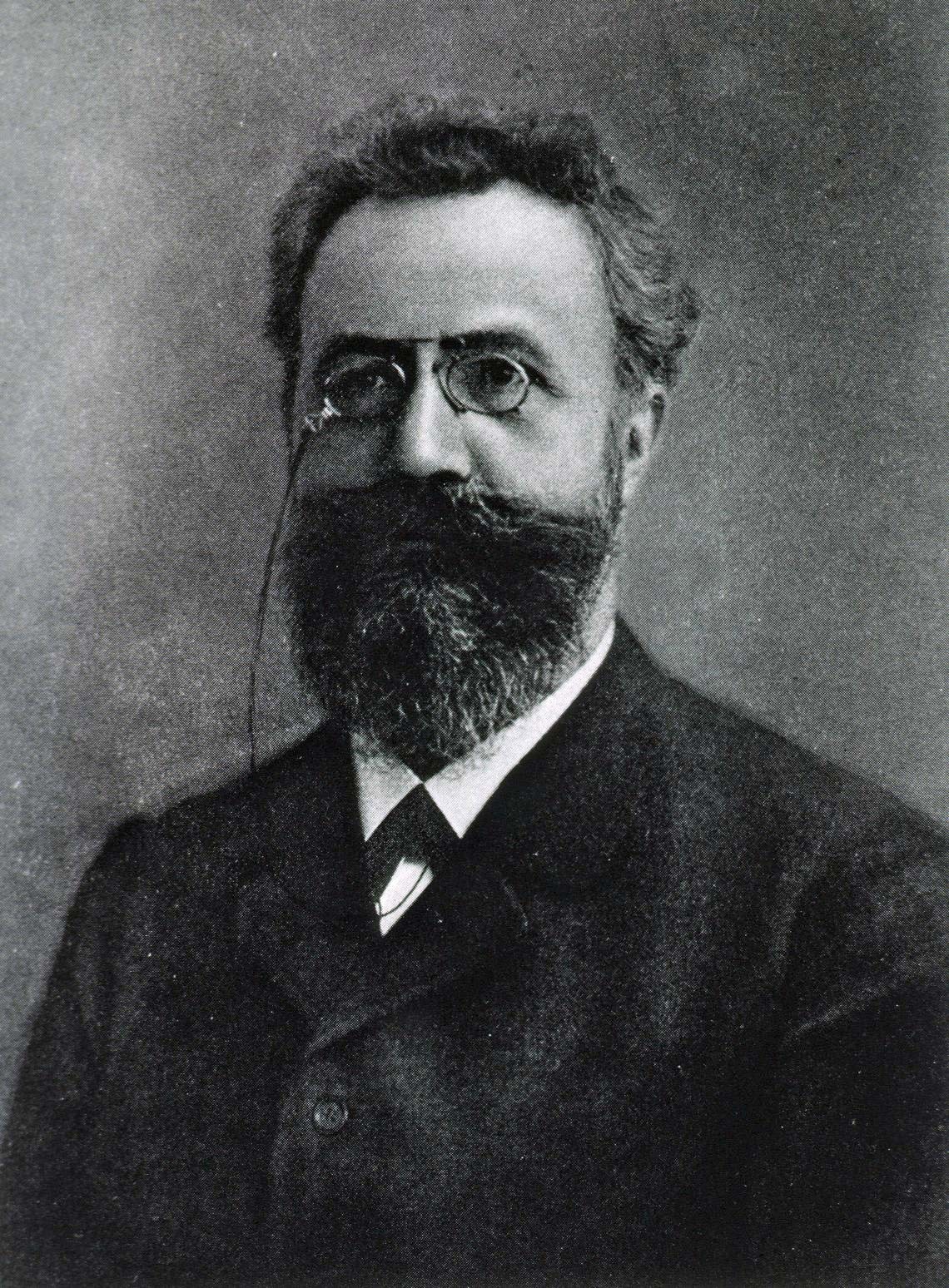
Hermann Ebbinghaus details his experiments learning nonsense syllables in his book Memory
-
1877
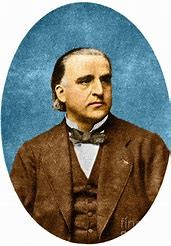
Jean-Martin Charcot produces Lectures on the Diseases of the Nervous System
-
1887
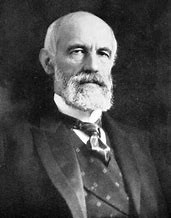
G. Stanley Hall publishes the first edition of the American Journal of Psychology.
-
1889
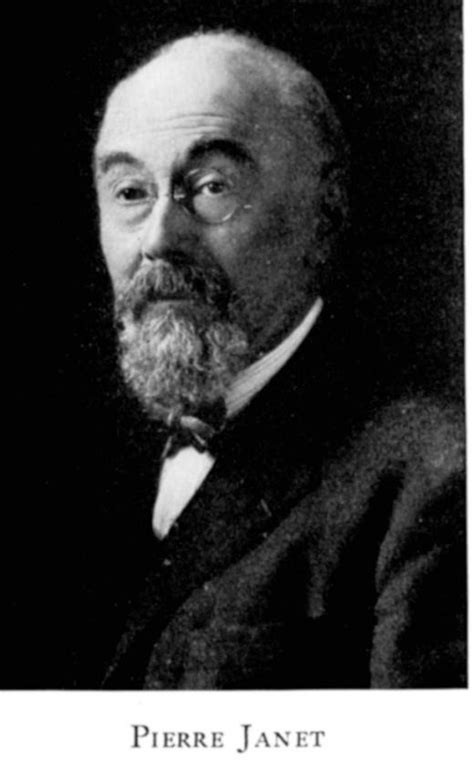
Pierre Janet suggests that hysteria involves dissociation and splitting of the personality.
-
1890
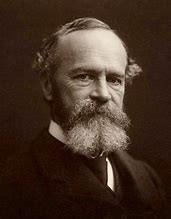
William James, the “father of psychology” publishes Principles of Psychology
-
1895
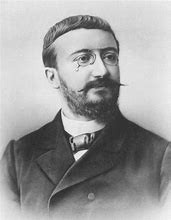
Alfred Binet opens the first laboratory of psychodiagnosis.
-
Roman philosopher and physician Claudius Galen
Formulated a concept of personality types based on the ancient Greek theory of humorism, which attempted to explain the workings of the human body.
-
The roots of humorism
It goes back to Empedocles (c.495–435 BCE), a Greek philosopher who suggested that different qualities of the four basic elements—earth (cold and dry), air (warm and wet), fire (warm and dry), and water (cold and wet)—could explain the existence of all known substances
-
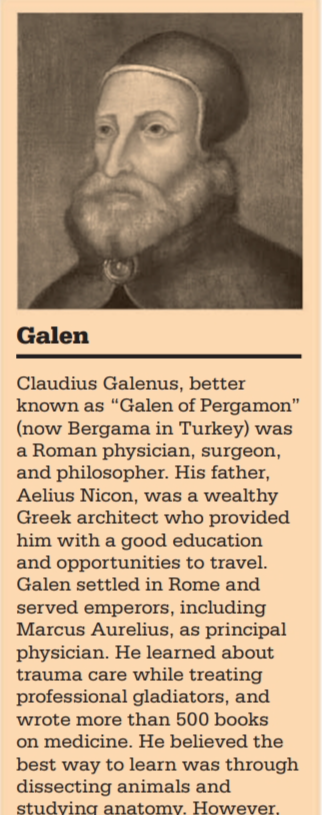
Galen’s four temperaments base on a direct connection between the levels of the humors in the body and emotional and behavioral inclinations
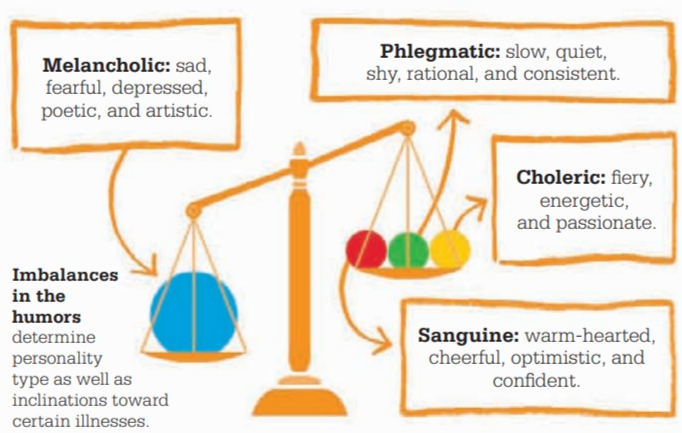
sanguine, phlegmatic, choleric, and melancholic—are based on the balance of humors in the body
-
A sanguine person
is warm-hearted, cheerful, optimistic, and confident, but can be selfish
-
A phlegmatic person
is quiet, kind, cool, rational, and consistent, but can be slow and shy
-
The choleric personality
is fiery, suffering from excess yellow bile.
-
The melancholic
is recognized by poetic and artistic leanings, which are often also accompanied by sadness and fear.

